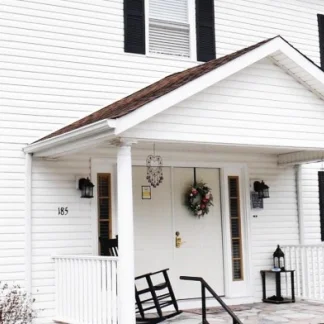Addiction Recovery Care - Lydia's House
Benham, Kentucky, 185 Maggard Street, 40807
Available Programs
- Adult program
- Program for women
- Total beds : 16
- Young adult program
Insurance and Financial
- Private insurance
- Self-pay options
- Medicaid
About this Facility
Addiction Recovery Care- Lydia’s House is located in Benham, Kentucky. They provide alcohol and drug rehab services to women seeking recovery. They also offer mental health treatment services and dual diagnosis treatment.
Addiction Recovery Care- Lydia’s House is an alcohol and drug rehab center that offers a home-like environment. All clients are treated with dignity and respect. Programming includes:
The residential program is a gender-specific women’s program that focuses on providing a safe environment where women can receive a high level of supervision. Individual therapy, medical stabilization, dual diagnosis treatment, individual therapy, group therapy, family therapy, and discharge planning are provided. Clients will also participate in wellness activities. The length of stay is dependent on each person’s unique needs and goals for treatment.
Contact us for more information: (606) 638-0938

Contact Addiction Recovery Care - Lydia's House
Connect with Addiction Recovery Care - Lydia's House by calling their admissions team directly.
(606) 638-0938 Website Get Directions